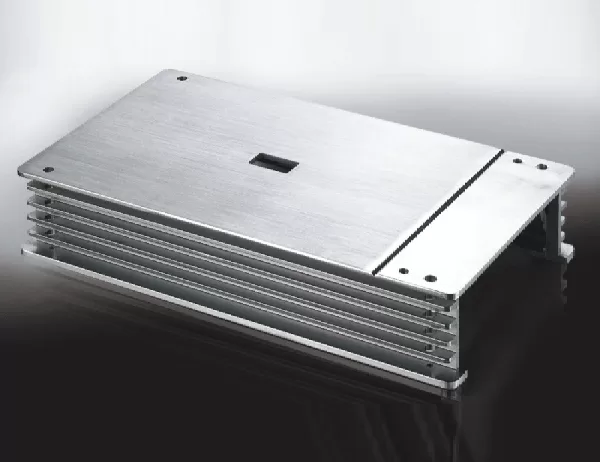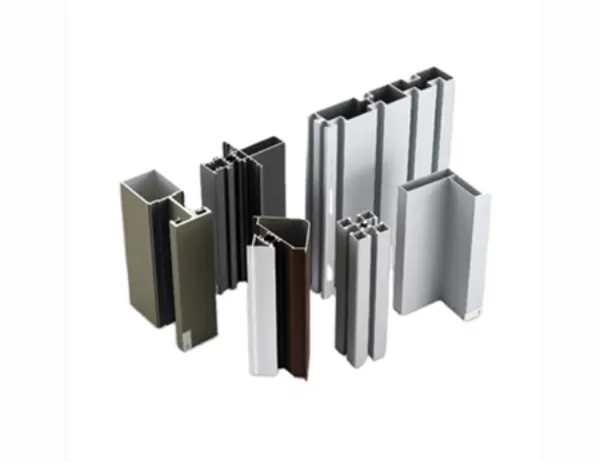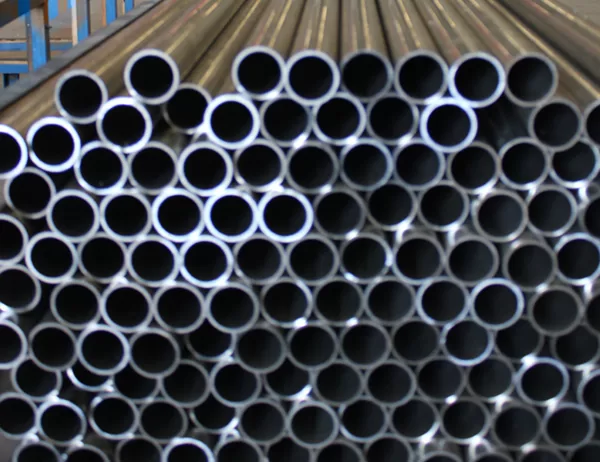Aluminum Heat Sinks: A Vital Component in Renewable Energy Solutions
In the relentless pursuit of a sustainable future, renewable energy technologies are soaring to unprecedented heights. Among the many components that empower these groundbreaking solutions, aluminum heat sinks play a pivotal role, acting as guardians against the insidious effects of overheating.
Cooling the Furnace of Innovation
Renewable energy sources, such as solar and wind power, unleash an abundance of energy, but this raw potential comes at a price: the generation of substantial heat. Excessive temperatures can wreak havoc on delicate electronic systems, rendering them unreliable and shortening their lifespan.
Enter aluminum heat sinks, the unsung heroes of the renewable energy realm. These intricately designed components provide a highly efficient thermal pathway, dissipating heat away from critical components and maintaining optimal operating conditions.
Lightweight and Durable: A Perfect Match
Aluminum, a versatile metal renowned for its low density and remarkable strength, is ideally suited for heat sink applications in renewable energy systems. Its lightweight nature ensures that heat sinks can be easily integrated into compact and mobile designs, freeing up space for other essential components.
Furthermore, aluminum’s exceptional durability ensures that heat sinks can withstand the rigors of harsh outdoor environments, where exposure to extreme temperatures and corrosive agents is a constant challenge.
Unleashing the Potential of Green Technology
By effectively managing thermal dissipation, aluminum heat sinks empower renewable energy systems to operate at peak performance, maximizing energy efficiency and minimizing downtime. This translates into increased productivity, reduced maintenance costs, and a longer lifespan for these critical technologies.
In solar power systems, heat sinks safeguard the delicate photovoltaic cells, enabling them to generate electricity consistently and efficiently, even under intense sunlight. In wind turbines, heat sinks protect the intricate electrical components from overheating, ensuring uninterrupted power generation throughout fluctuating wind conditions.
Conclusion
Aluminum heat sinks are an indispensable component in the quest for a sustainable energy future. Their ability to dissipate heat effectively and reliably enables renewable energy technologies to reach their full potential, unlocking the promise of a cleaner and greener tomorrow. As the world continues to transition towards a renewable energy paradigm, the role of aluminum heat sinks will only grow more profound, paving the way for a sustainable future that is both efficient and enduring.




